What is virtual production, and how should we respond?
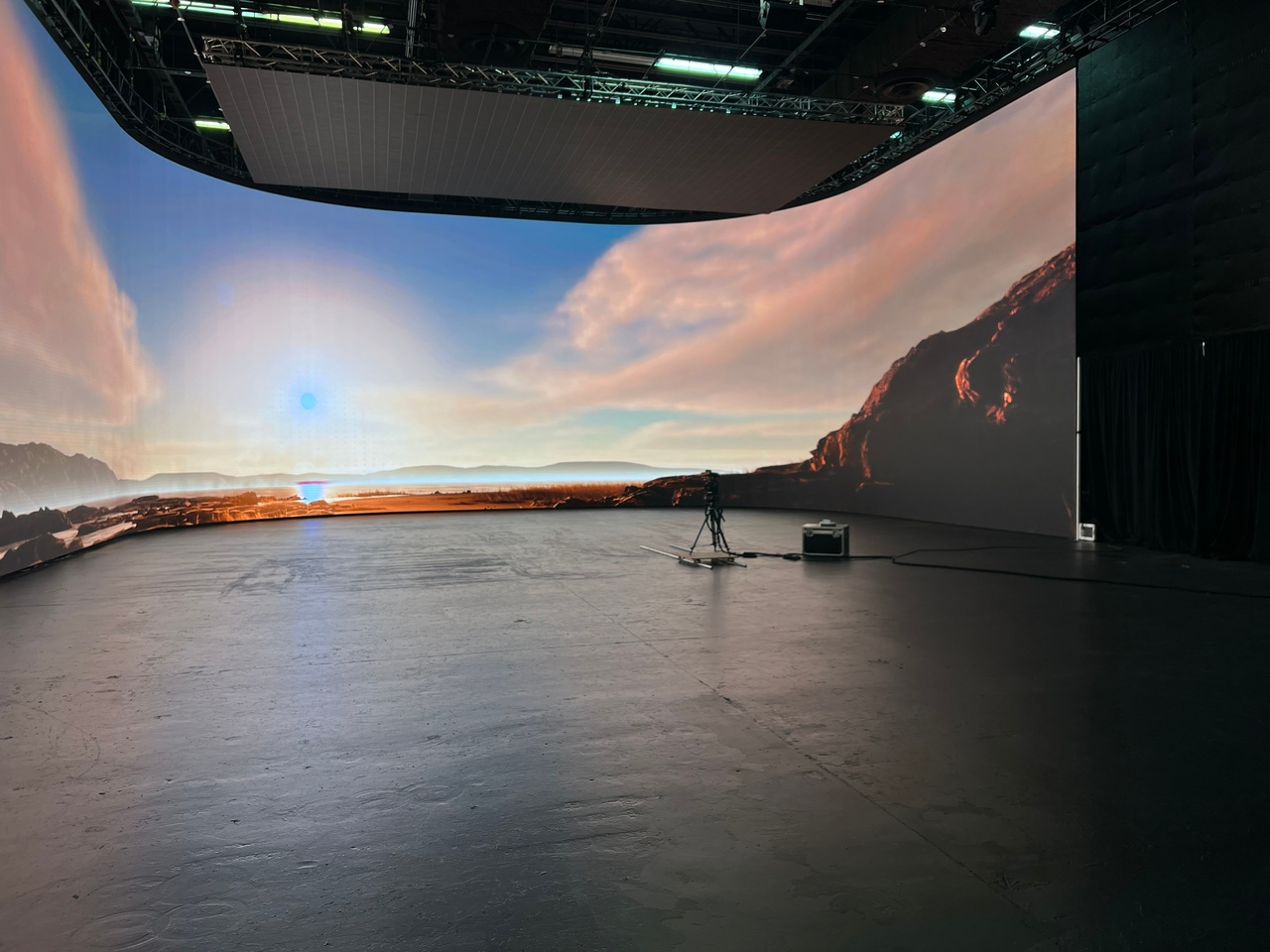
If you have been paying attention to entertainment news lately, you know that Hollywood is going through some changes, namely within the realm of labor agreements between studios and labor unions. But this post isn't about that, per sé.
What has recently come to light is the depth of value that is being derived from those creatives and technologists as they employ new technologies that we are seeing in almost every major blockbuster today, including virtual production. So what is that anyway?
Virtual production combines physical and virtual filmmaking techniques to create cutting-edge media. How it works: teams use real-time 3D engines (game engines) to create photorealistic sets, then display them on large LED walls behind physical sets using the real-time rendering capabilities of the game engines. The cameras are synced with the game engines for enhanced realism and depth of perspective.*
You read that right. Game engines. As many of us know, the days where technology trades and creative design are separated are over. More and more, media projects are requiring upfront coordination, design, and planning from those who understand what it takes to put out compelling content, and that includes the animators, computer techs, directors, and now game-engine savvy technologists. What does this mean for AV folks? It means opportunity, and a new set of challenges.
The opportunity
Making a career in AV leads everyone down a different path. You start in one niche (maybe audio) then tiptoe into another (maybe video production), and then find yourself immersed in more niches than you can count, unaware of how you got there. But in the end, you are now an amalgamation of experience, knowledge, and expertise that makes a pretty interesting looking resumé. As audiovisual, as an industry, shifts to not only include the technology used to communicate messages but also the means to create meaningful experiences overall, the need for generalists continue in every field. Adding new certifications, new skills, new knowledge - these things make one viable in the marketplace, and adding those skills to a company make it more viable in its own market. Such is the case for game engineers and studios like Vu in Orlando who recognize the value here and jumped in early to capitalize on it. If you have thought about leveraging new technologies to expand your creative footprint, learning to use game engines may just be your next stop in your education journey.
The challenge
New technology is democratized FAST. Once considered cutting edge, a new technology can quickly become old hat, and a bit vanilla to those who see it used too often. Recent blockbuster films have come under scrutiny for the degree to which they have relied on virtual production, for instance. The challenge here is to use the tool wisely, and judiciously, making sure that it is not a last resort, but the best option for the task at hand.
It is easy to want to be bleeding edge, but it does not always pay off. Audiovisual technologists know the woes of employing a technology when the thought was "Couldn't we just XYZ like they did over at so-and-so company?" Solutions are hardly ever one-size-fits-all, so it will be up to AV technologists to be aware of the strengths and weaknesses (and risks) of this technology before going too far down the rabbit hole. 
One thing is clear: Virtual production is not a gimmick. And it is here to stay. It is now becoming less expensive financially and as the tech becomes more pervasive and democratized by consumers and professionals, the resource cost will likely come down as well. While the above video shows a fully-decked out company that does this as their main business, it may be the best time to get in on the ground floor now to add this capability to your tool belt as a technologist, a studio, or even just a hobbyist. What do you think?
Big shoutout to the video team at AVIXA for putting together this episode of How Did They Do That? and the team at the Loop Lab for supporting it as well.
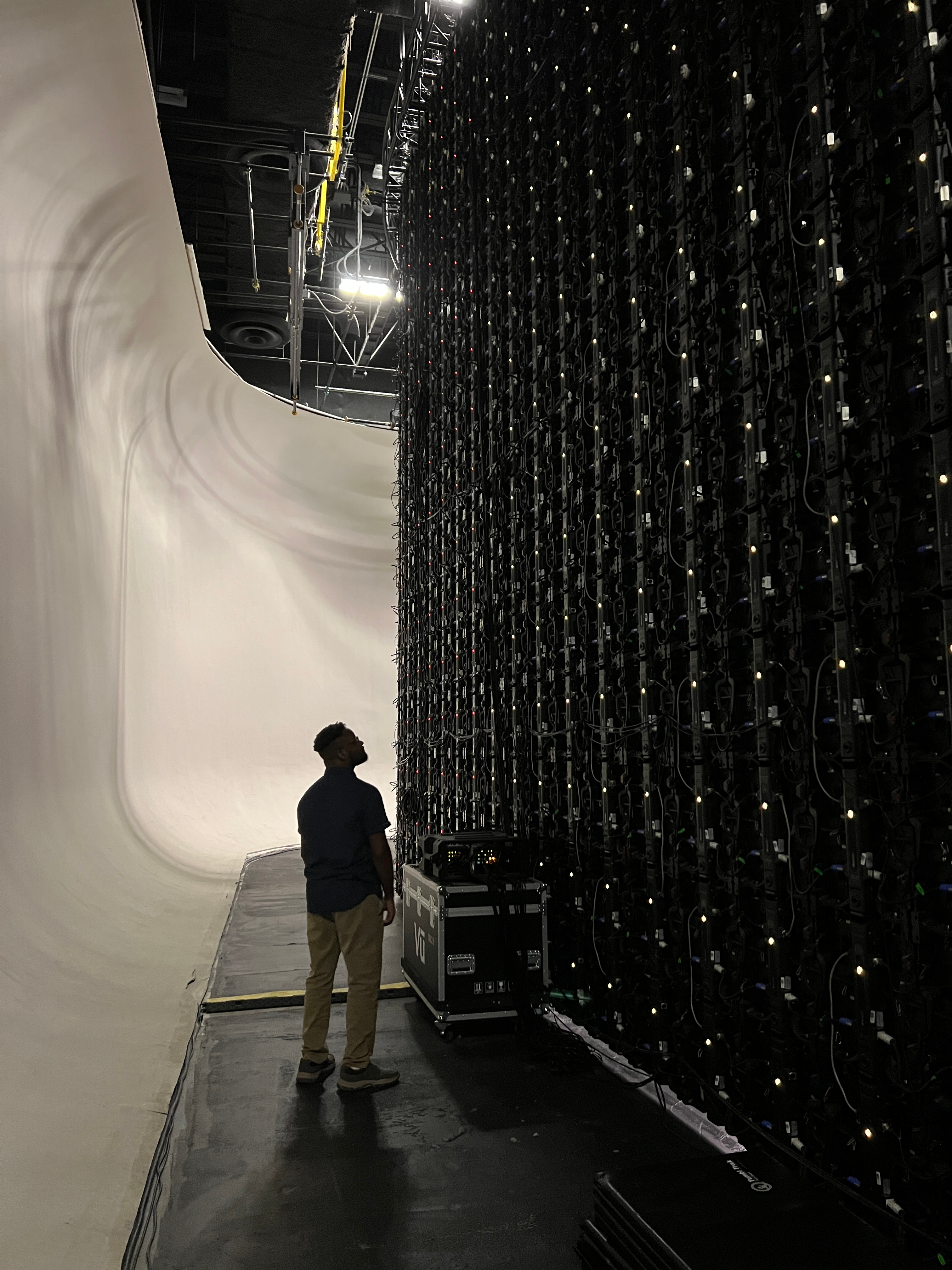
Sources cited
*https://www.perforce.com/blog/vcs/what-is-virtual-production#what




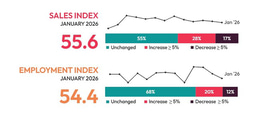
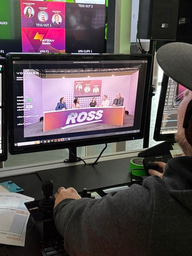
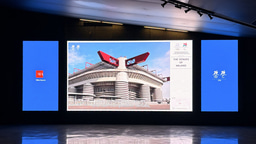
Please sign in or register for FREE
If you are a registered user on AVIXA Xchange, please sign in